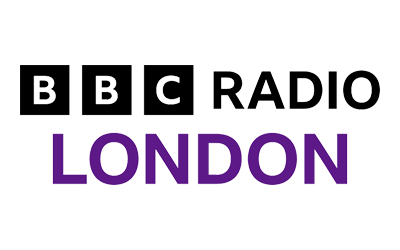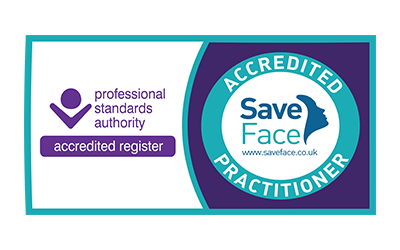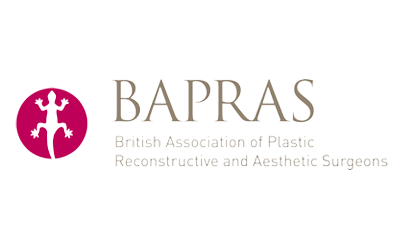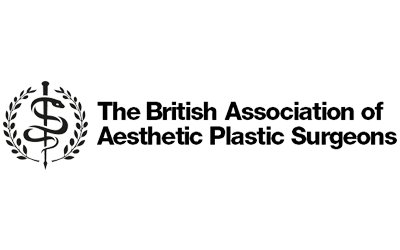Plastic surgery bruising: why it happens
Post operative bruising and swelling are a common, perfectly natural and not a cause for concern after a a plastic surgery procedure. As your muscles and tissues need to heal from the trauma of surgery, some degree of bruising is expected.
Bruising, especially when it is in a highly visible place such as the face, can look alarming but it is not severe and in the majority of cases does not indicate a severe problem.
Generally bruising and swelling following surgery will be at their worst during the first week after the procedure and will then reduce.
The bruises following your procedure may be black or a very dark blue. Seven days after your operation, they will usually have faded to yellow or pale brown and can then be covered with a layer of foundation and concealer, if visible.
The extent and colouration of your bruising and will depend on your personal susceptibility to bruising in general.
How long does bruising last after surgery?
The majority of our patients find that any post operative bruising has fully healed within two weeks of their procedure. Provided you follow the after-care instructions that Mr Karidis will provide you, your healing time should be swift and uncomplicated.
The degree of bruising you experience after a surgical procedure is dependent not only on your body, but on the type of surgical procedure you have undergone. Ultimately however, everyone’s body is unique and recovery time is different for everyone.
Is it normal for bruising to spread after surgery?
Yes, it’s normal for bruising to spread after plastic surgery. This is because the bruise can spread down the body in the direction of gravity. If you have any concerns, check with a member of your Karidis care team.
How to minimise bruising after plastic surgery: tips
Although some post operative bruising and swelling is unavoidable, there are ways to lessen its effects.
The best ways to minimise bruising after plastic surgery include:
- Elevation – elevating the part of the body which has been operated on, both immediately after the procedure and later
- Ice – the use of cold compresses and ice packs can go a long way towards reducing even severe post operative bruising
- Hydration – staying well hydrated after plastic surgery will help your body to flush out any toxins and boost healing. Where possible, eliminate other diuretic or dehydrating substances such as caffeine, alcohol and salt from your diet
- Rest – the best way to recover after a plastic surgery procedure is to rest and avoid exertion. This will prevent damage that could worsen your bruising
Nutritional supplements such as bromelain and arnica can be useful for reducing post operative bruising. Others, including vitamin E and St John’s Wort, can interfere with healing so it may be wise to stop taking these substances until your bruising has faded.
Any anticoagulant (a substance which thins the blood, such as warfarin) can worsen bruising following a plastic surgery procedure. Also beware of anticoagulant foods, such as garlic, which can be as powerful as prescription medication.
Anticoagulants, from medicine to garlic supplements, should ideally be discontinued two weeks prior to surgery in order to boost recovery.
Discuss any medication you are taking with Mr Karidis during your consultation and he will advise you of the best course of action regarding your plastic surgery procedure.
For more information about the recovery time for specific procedures, such as facelifts, blepharoplasty, rhinoplasty or gynaecomastia, see Mr Karidis’ informative recovery videos.
















